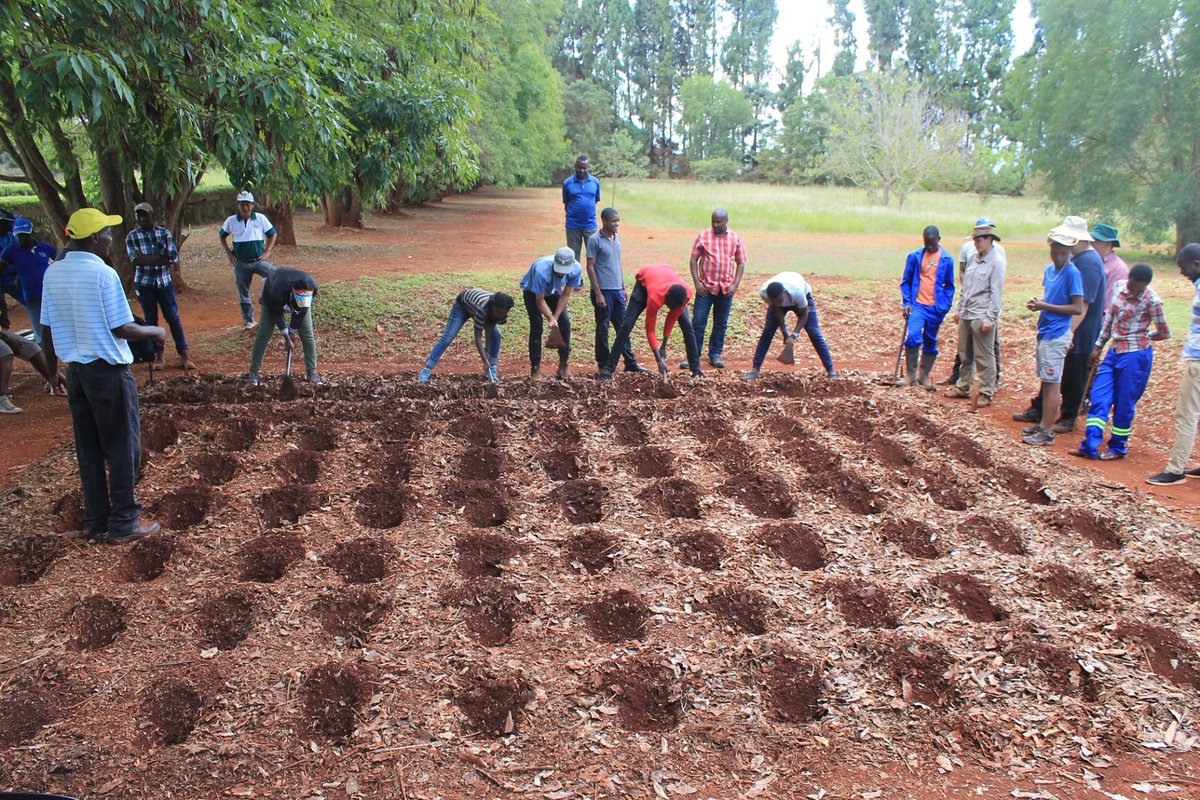Delayed rains drive demand for small grains and legumes: Seed Co Limited
One of Zimbabwe’s largest hybrid seed processor, Seed Co Limited, says delayed rains this season led to increased demand for small grains and legumes, extending into the last quarter of the financial year in Zimbabwe and neighbouring countries.
In a trading update for the third quarter to December 31, 2023, the company said demand for small grains holds significant potential to clawback annual sales volume performance not only in Zimbabwe but also in neighbouring countries.
“Regionally, record sales in East Africa and certain parts of Southern Africa were registered, which is anticipated to mitigate the overall impact of decreased trading in some Southern African markets that were adversely affected by El Nino conditions,” the company said in a trading update.
During the quarter under review, the total volume of Zimbabwe seed sales witnessed a 28 percent decline compared to the corresponding period in the preceding year, a consequence of delayed rains and diminished enthusiasm for cropping due to the El-Nino phenomenon.
Volumes for the quarter were 18 520 tonnes, compared to 25 814 tonnes sold in the previous year’s comparable period.
However, revenue for the quarter increased by 41 percent to $266,5 billion compared to $189,4 billion in the same quarter prior year.
“The increase in revenue, whether assessed historically or adjusted for inflation, aligns with an increasing proportion of US dollar-denominated sales against the pronounced depreciation of the exchange rate and the resulting inflationary impacts,” reads the statement.
The company’s operating profit significantly increased by 1582 percent to $484,6 billion compared to $28,8 billion during the same quarter prior year.
Seed Co said the enhanced profitability outcome can be credited to the restoration of profit margins and the alignment of the exchange rate with open market forces experienced in the better part of the first half.
Seed Co last year said it was investing more in drought-tolerant maize seed varieties to mitigate the effects of climate change.
Climate change is making droughts more frequent and severe globally, threatening food security, and in Zimbabwe, climate change is bringing harsher and more frequent droughts, threatening the staple maize crop.
In this regard, Seed Co has a breeding programme for developing early-maturing seed varieties that will counter the effects of drought.
In 2020, Zimbabwe launched a US$47 million 7-year project with the support of the Green Climate Fund and the United Nations Development Programme (UNDP), aimed at strengthening the climate resilience of vulnerable communities.
Programmes such as Pfumvudza smart agriculture have increased resilience against climate change-induced drought impacts and improved yields in rural communities in Zimbabwe where they have been implemented.-ebusinessweekly










